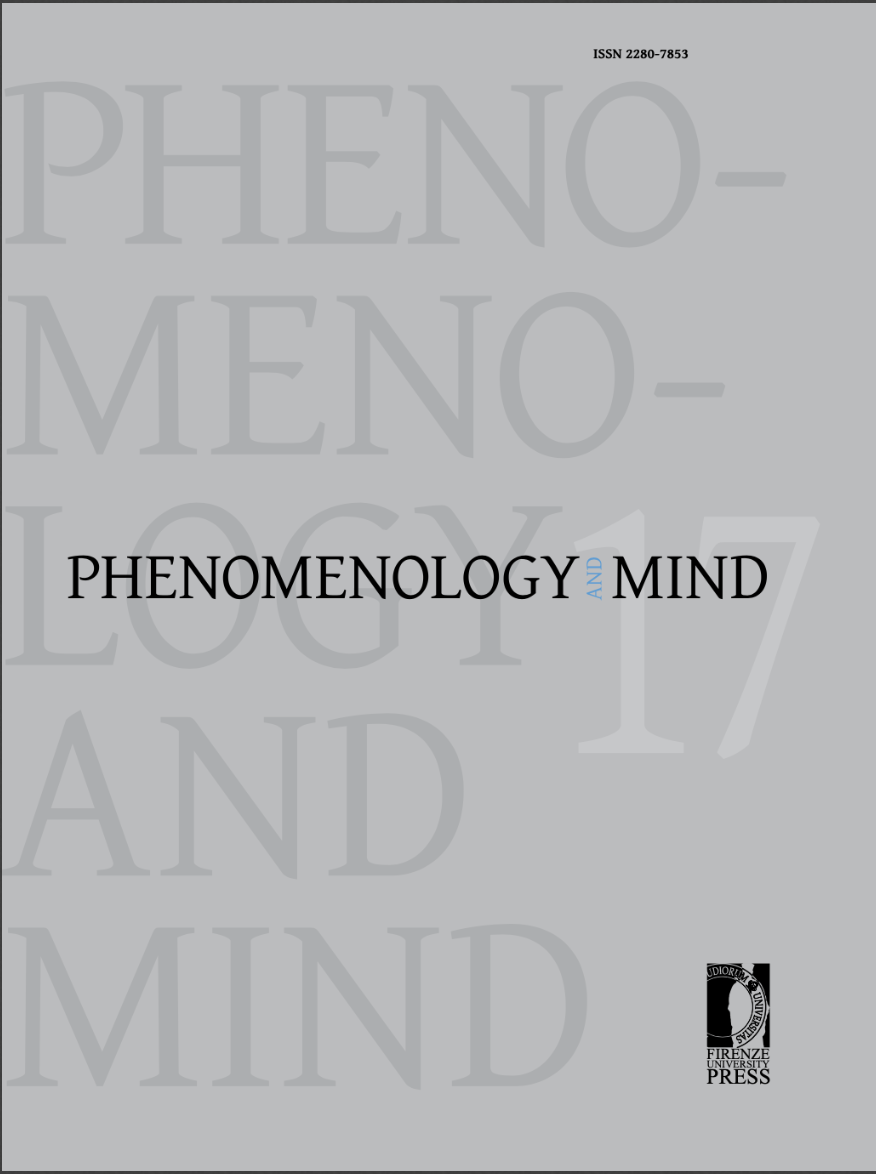Published 2019-03-13
Keywords
- phenomenology,
- description,
- intuition,
- intentionality,
- life-world
How to Cite
Abstract
In this paper I outline the main features of the phenomenological approach, focusing on the central themes of intentionality, embodiment, empathy, intersubjectivity, sociality and the life-world. I argue that phenomenology is primarily a philosophy of intentional explication that identifies the a priori, structural correlations between subjectivity and all forms of constituted objectivities apprehended in their horizonal contexts. Intentional description reveals the structurally necessary, meaning-informing interactions between embodied subjectivity (already caught in the nexus of intersubjectivity) in the context of embeddedness in the temporal, historical, and cultural life-world. I shall defend phenomenology as a holistic approach that rightfully defends the role of subjectivity in the constitution of objectivity and recognizes the inherent limitations of all forms of naturalism, objectivism and scientism.

